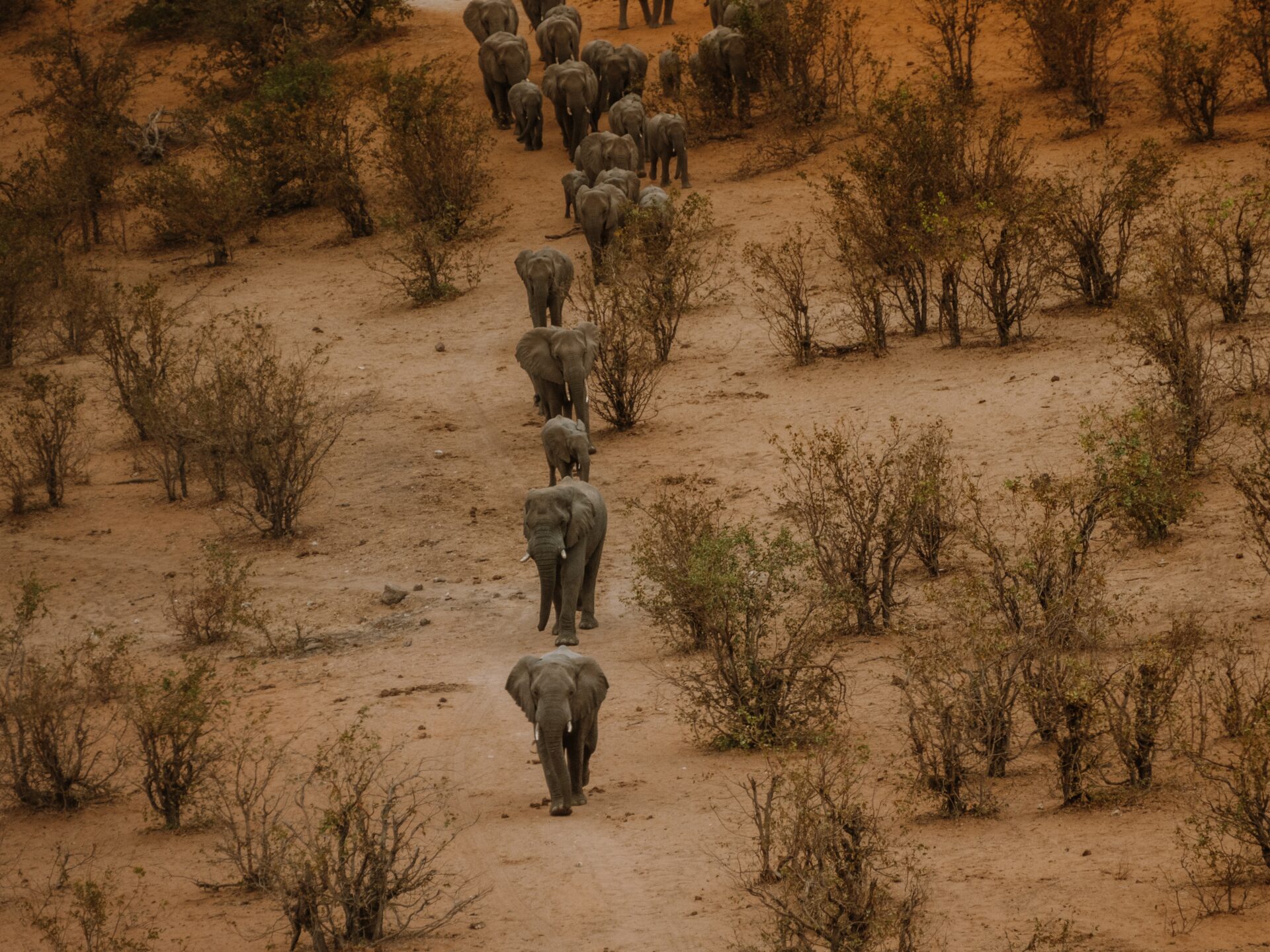Why We Love Zimbabwe…
Welcome to Zimbabwe, a land of extraordinary landscapes, captivating wildlife, and warm hospitality! From the awe-inspiring Victoria Falls, to the diverse ecosystems of Hwange National Park and the ancient stone ruins of Great Zimbabwe, the nation is diverse in its history and natural beauty.
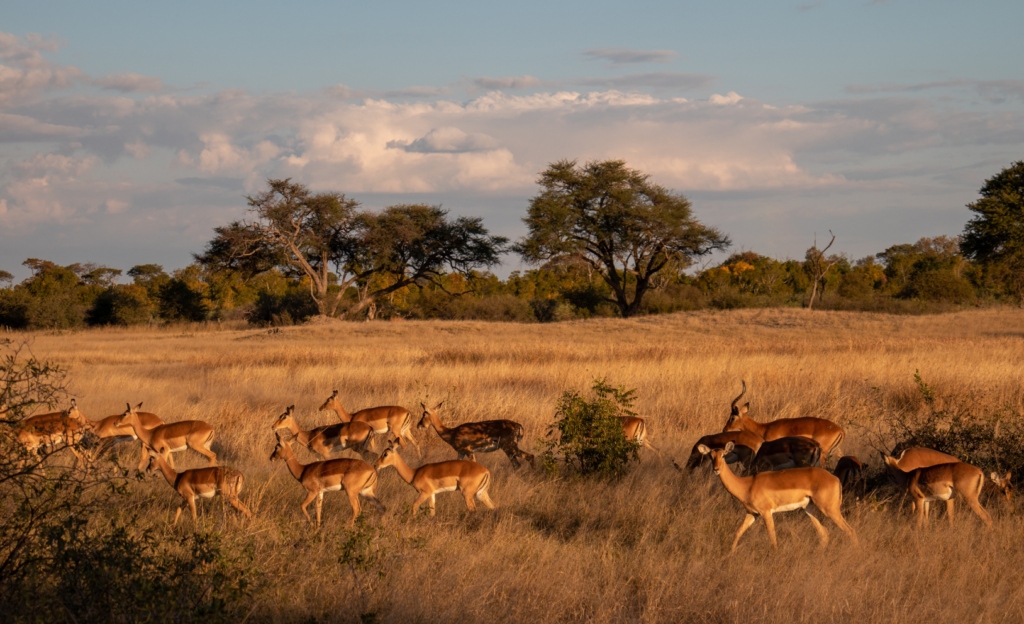
Entry Requirements
Passports
If you are visiting Zimbabwe, your passport should be valid for a minimum of 6 months from the date you arrive. You must also have 3 blank pages, in case you need to enter Zimbabwe and exit through one of the neighbouring countries or if you need to leave at short notice.
Visas
You must have a visa to visit Zimbabwe. Most visitors apply for a visa on arrival in Zimbabwe. Take enough US dollars with you in small notes to pay for your visa – see information on visa fees from the Zimbabwean Embassy.
You can also apply for an e-visa before you travel. It is no longer possible to get a visa from the Zimbabwean Embassy in London.
Zimbabwe usually grants 30-day visas. Check the number of days on your visa covers your intended period of stay.
Please check out your local travel advice and let us know if you’re travelling from a different territory.
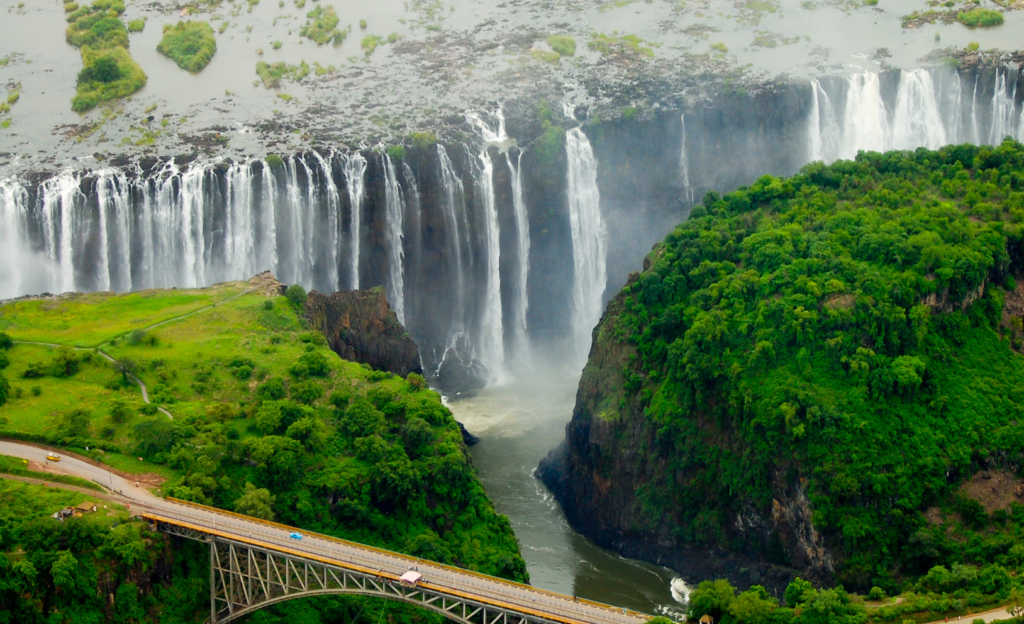
Visiting Victoria Falls?
KAZA UniVisa: This is a special visa that allows entry into both Zimbabwe and Zambia as frequently as you like (for 30 days). If your nationality requires you to have a visa for both countries, it is cheaper than buying a separate visa for both countries. It also allows you to enter Botswana for a day trip and return to Zambia or Zimbabwe. Follow this link for further details, and here you can also pre-apply and make the payment online.
Covid-19 Rules
There are no COVID-19 testing or vaccination requirements for travellers entering Zimbabwe. You may be asked to complete an arrival form, including the addresses of where you are staying.
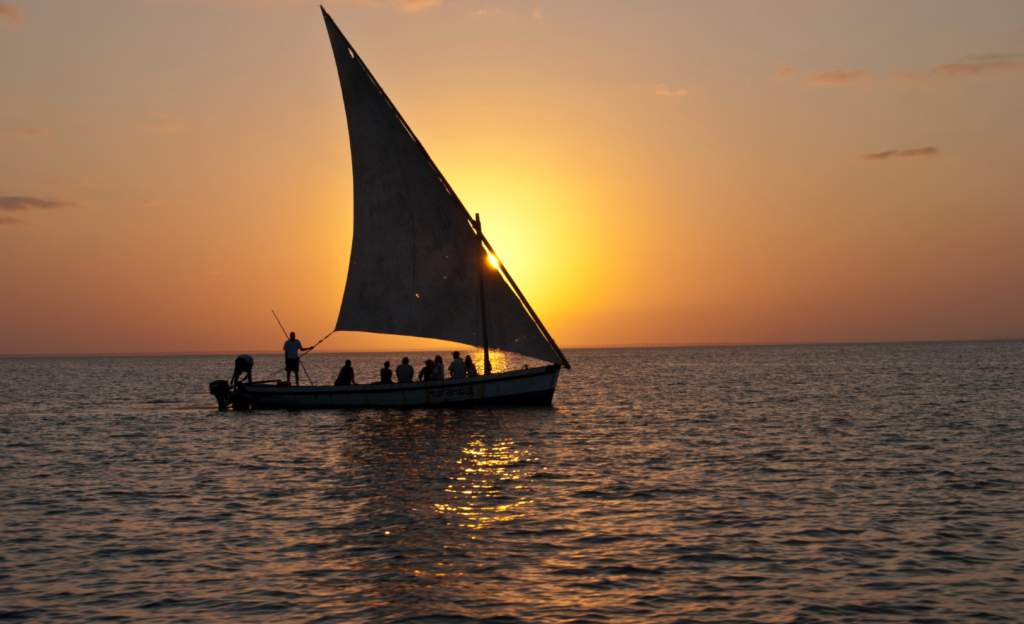
Getting around
Here’s a quick guide on getting around this enchanting country.
Domestic Flights: Domestic flights connect major cities and national parks. Consider flying for efficient travel, especially for longer distances.
Private Transfers: Zimbabwe has a network of well-maintained roads. We have amazing partners on the ground who help us to book all transfers with the best drivers!
National Parks & Safaris: Guided tours and safaris provide seamless travel within national parks. They offer a chance to explore Zimbabwe’s incredible wildlife.
Water Travel: Boat services operate on major rivers, providing a unique perspective of the landscapes.
Be Flexible!
Embrace the unhurried pace of travel in Zimbabwe. Delays can happen, so plan with some flexibility in your itinerary.
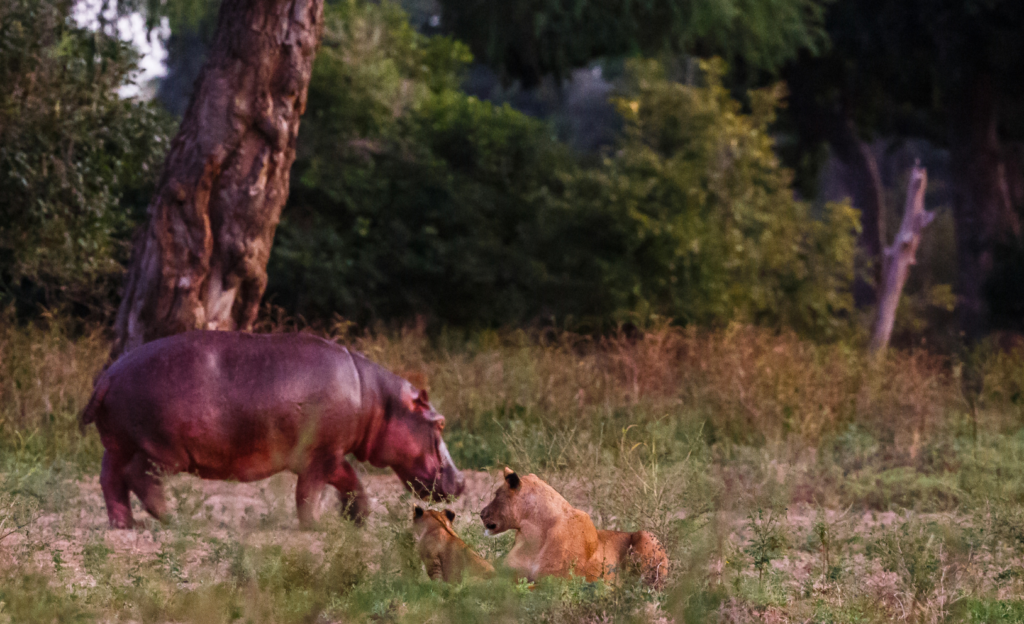
Baggage Allowance
Across Sub-Saharan Africa, there are specific baggage allowances for each country and sometimes even different airlines. Don’t worry, we’re on hand to make your packing as easy as possible.
See below for Zimbabwe’s baggage allowance…
Airline: Mack Air
Type: Charter & Scheduled aircraft
Weight allowance: 20kg (soft-sided) – total weight including hand luggage
Dimensions: 30cm x 35cm x 70cm
What is a soft-sided bag? The aircraft require light bags as they are small planes, we recommend duffel bags like this one from our friends at Stubble & Co.
Packing Tips
Please see our What to Pack on Safari blog for our top packing tips for your safari adventure.
– We strongly recommend that you carry overnight essentials and any prescribed medication in your hand luggage on international flights, particularly if connecting to an onward destination.
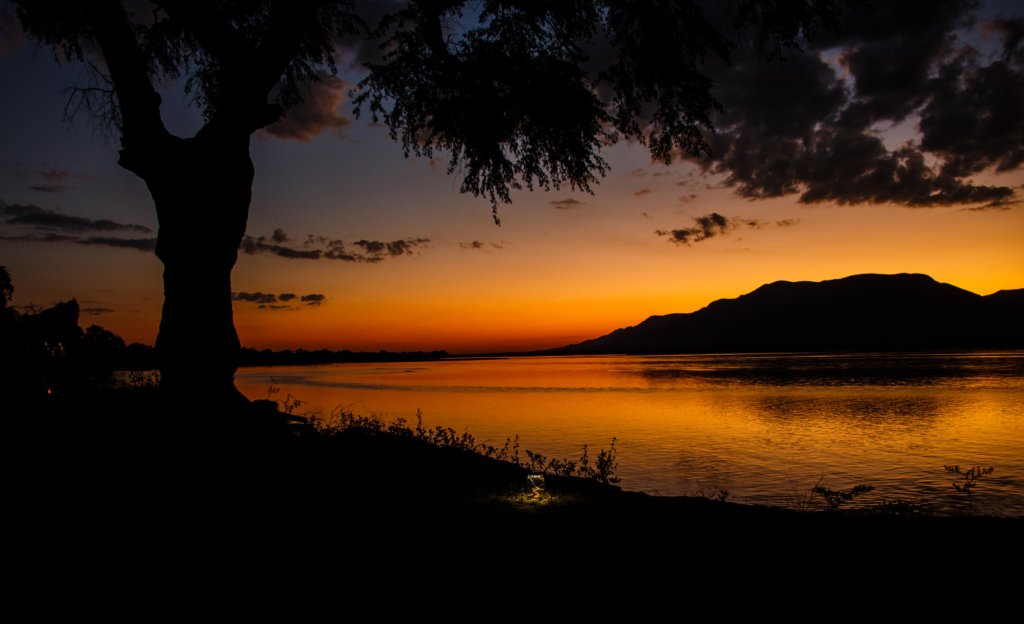
Climate
Zimbabwe’s climate varies across regions, offering everything from savannas to highlands. Zimbabwe has a dry season (May to October) and a wet season (November to April).
Dry season: Cooler temperatures to be expected in June/July/August, ideal for wildlife viewing.
Wet season: Lush landscapes and vibrant colours, but some areas may be impassable due to heavy rains.
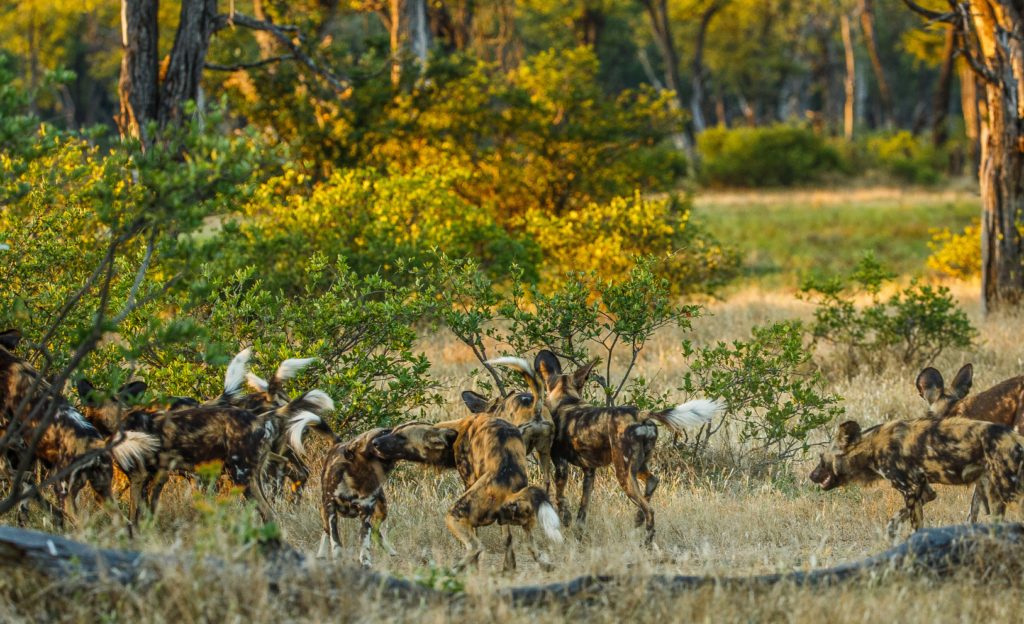
What To Pack
Clothing:
Lightweight, breathable clothing is essential, especially during the dry season.
Pack a mix of short-sleeved and long-sleeved shirts, comfortable pants, and a light jacket for cooler evenings.
If visiting during the wet season, bring a rain jacket, quick-dry clothing, and waterproof footwear.
Footwear:
Comfortable walking shoes or hiking boots are crucial, especially if exploring national parks or going on safaris.
Sandals may be suitable for warmer days but ensure they are sturdy for uneven terrain.
Sun Protection:
Sunscreen with high SPF, sunglasses, and a wide-brimmed hat are essential due to the strong African sun.
Consider a lightweight, long-sleeved shirt to provide extra sun protection.
Insect Repellent
Insect repellent, especially if you’re visiting during the wet season or planning activities in areas prone to mosquitoes.
Safari Gear
If going on safari, neutral-coloured clothing is advisable to blend into the environment.
Binoculars, a camera with a zoom lens, and a power bank are handy for wildlife viewing.
For more safari-inspired attire, take a peek at our 2 blogs: To Khaki or Not to Khaki & What to Pack on Safari.
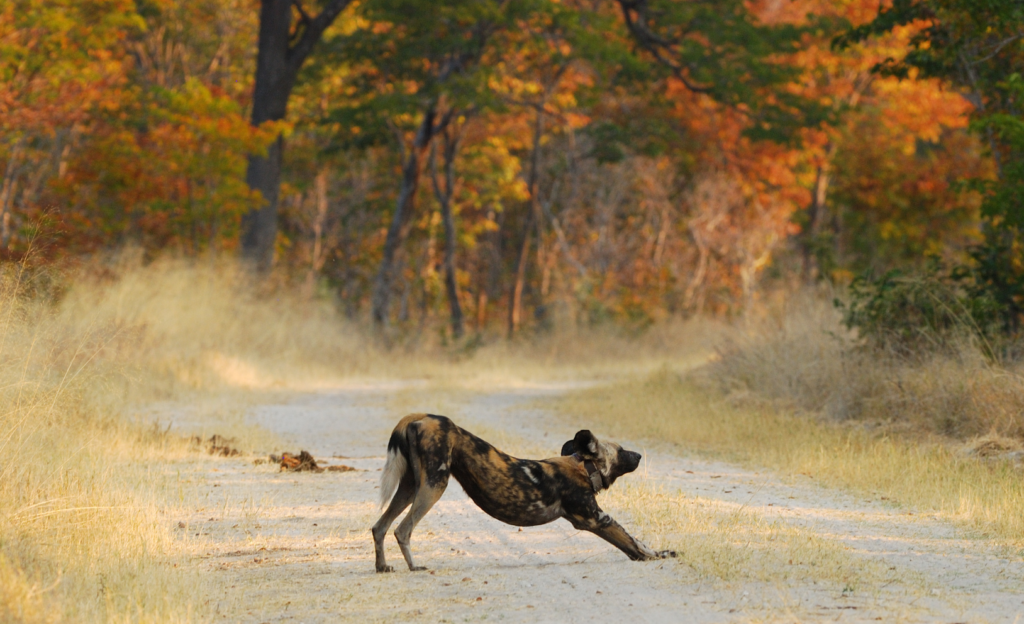
Plug Type
There are two associated plug types D and G. Plug type D has three round pins in a triangular pattern and plug type G is the plug which has three rectangular pins in a triangular pattern. Zimbabwe operates on a 240V supply voltage and 50Hz.
Currency
In April 2024, Zimbabwe Gold (ZiG) was introduced as a new currency to replace the Zimbabwean dollar however USD are widely accepted and currently used as the main form of currency. New ZiG notes and coins will start to circulate from 30 April. The US dollar will remain legal tender and most people prefer US dollars in cash.
While credit and debit cards are accepted in urban areas and larger establishments, it’s advisable to carry some cash, especially in more remote locations where card acceptance may be limited.
ATMs are available in major cities, allowing you to withdraw USD.
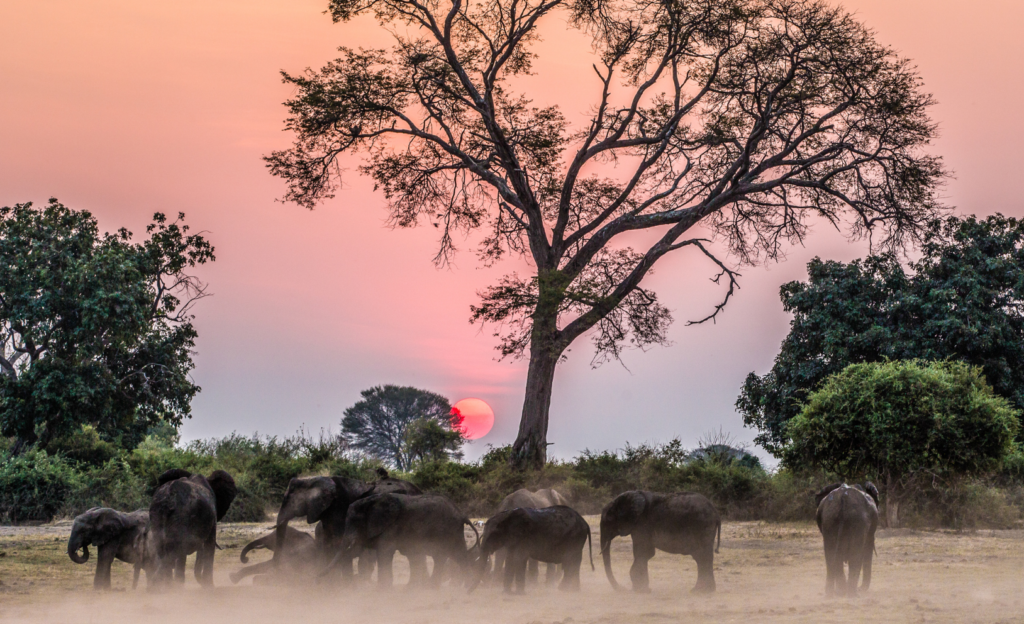
Vaccinations
We aren’t certified to give medical advice so always recommend you consult your doctor or a travel doctor, as they will know which vaccinations you have had already and any additional ones necessary for your trip. You can also take a look here for travel vaccination information and advice on bringing medication into the country.
Please note: Malaria risk is high throughout the year but highest from November to June, in areas below 1200m including the Zambesi Valley and Victoria Falls.
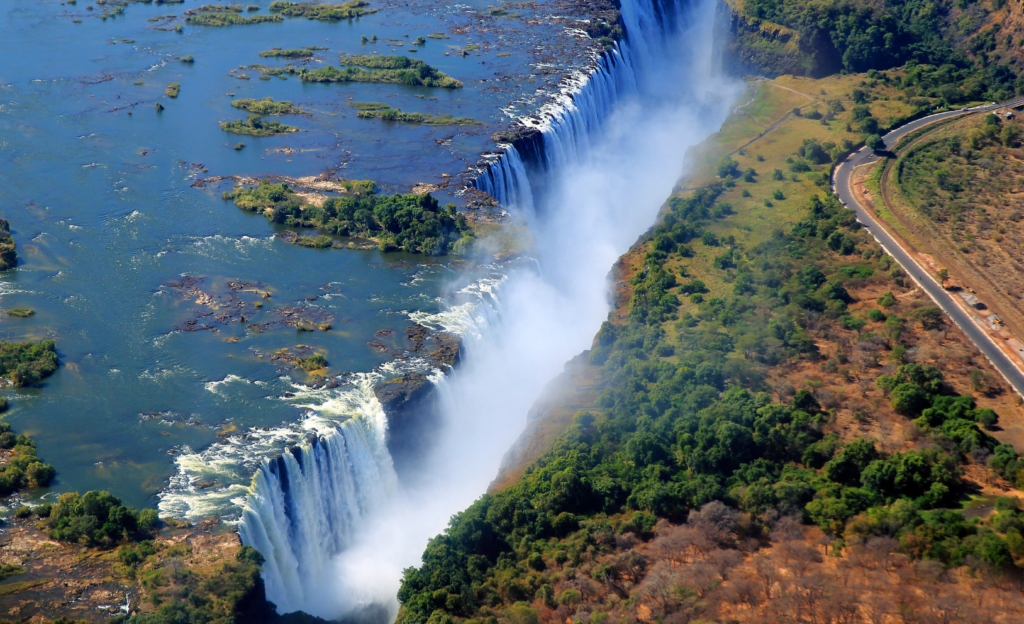
Tipping/Gratuities on Safari
In Zimbabwe, tipping is a gesture of appreciation for good service and is generally expected in various service industries. In restaurants, it’s customary to tip around 10-15% of the bill, ensuring you check for any included service charges. For hotel staff, including porters and housekeeping, a small gratuity of US$1-2 per bag and per day respectively is appreciated. When on guided tours or safaris, tipping your guides and operators around $5-10 per person per day is common. In bars and cafés, rounding up the bill or leaving small change is discretionary but welcomed.
Flights & Time Zone
There are no direct flights from Zimbabwe to London. There are however different routes you can find with just 1 or 2 stopovers. Time in Zimbabwe is given by a single time zone, officially denoted as Central Africa Time (CAT; UTC+02:00).
The cuisine is infused with aromatic spices and herbs, creating a vibrant array of flavours! Don’t miss out on traditional dishes like muriwo na nyama, a spinach and meat stew, or the savoury taste of nyama, grilled meat.
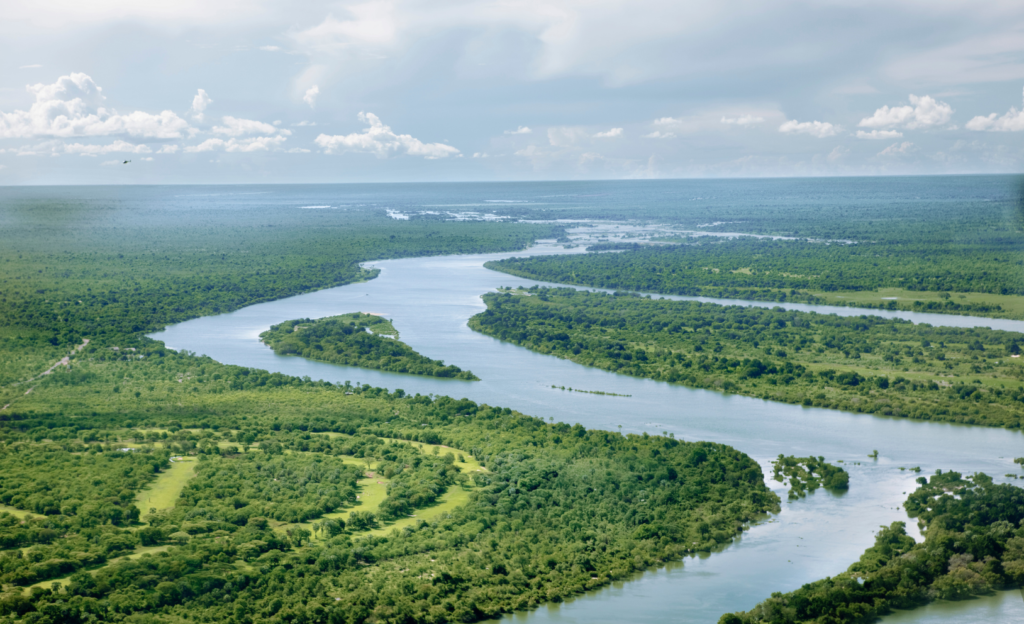
Language
Shona and Sindebele are the most widely spoken languages in Zimbabwe. English is also used by some.
Food
Zimbabwean cuisine is a flavourful reflection of the country’s diverse cultural heritage. Staple foods include sadza, a maize porridge, often served with a variety of relishes such as vegetables, meats, or fish. Biltong, air-dried cured meat, is a popular snack, and kapenta, small, dried fish, features prominently in local dishes.
